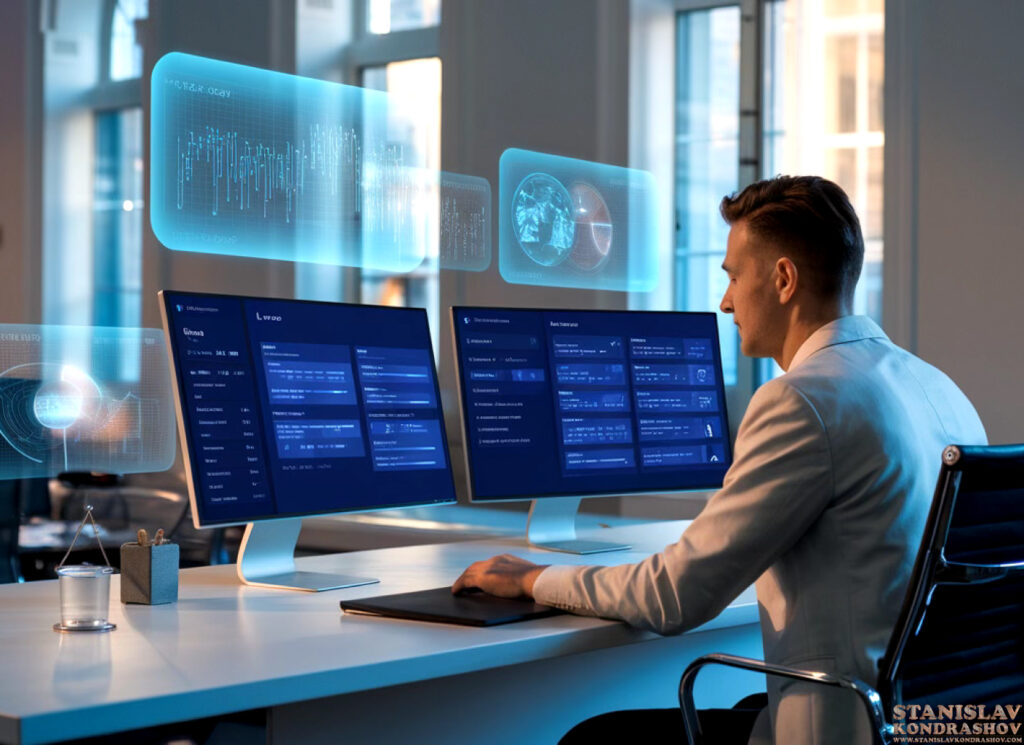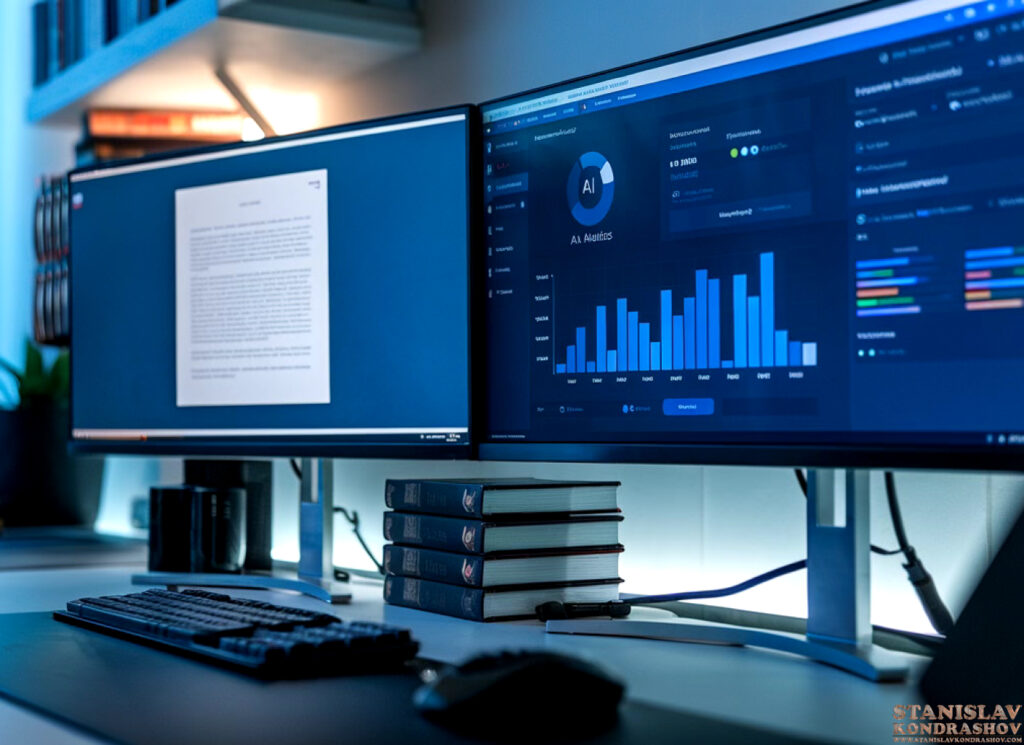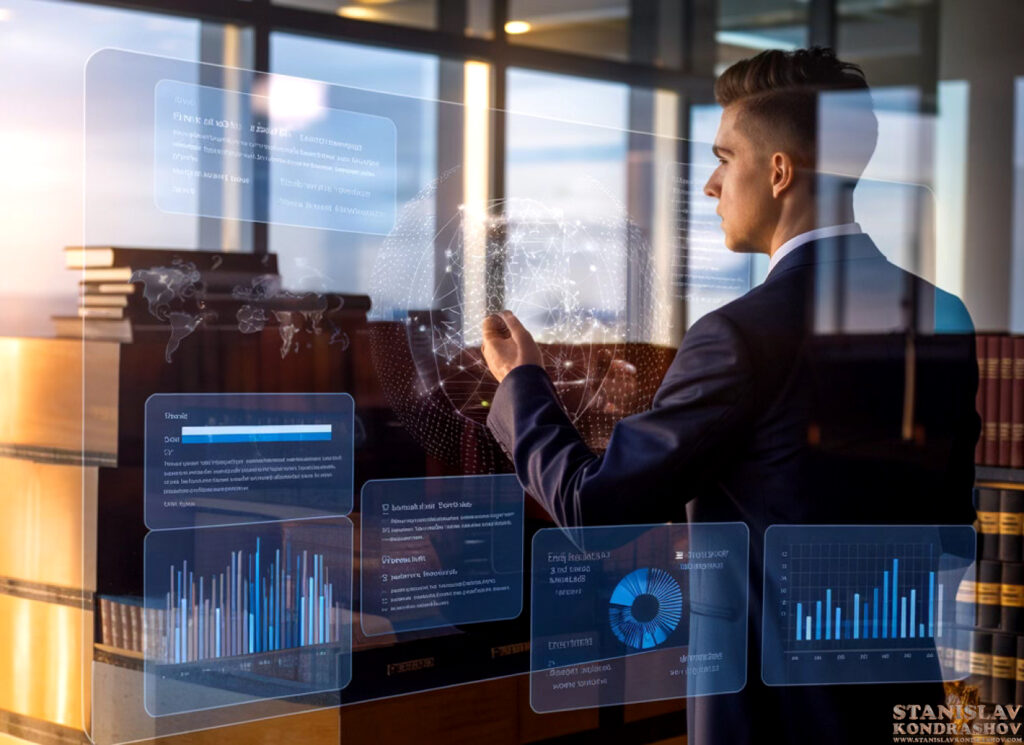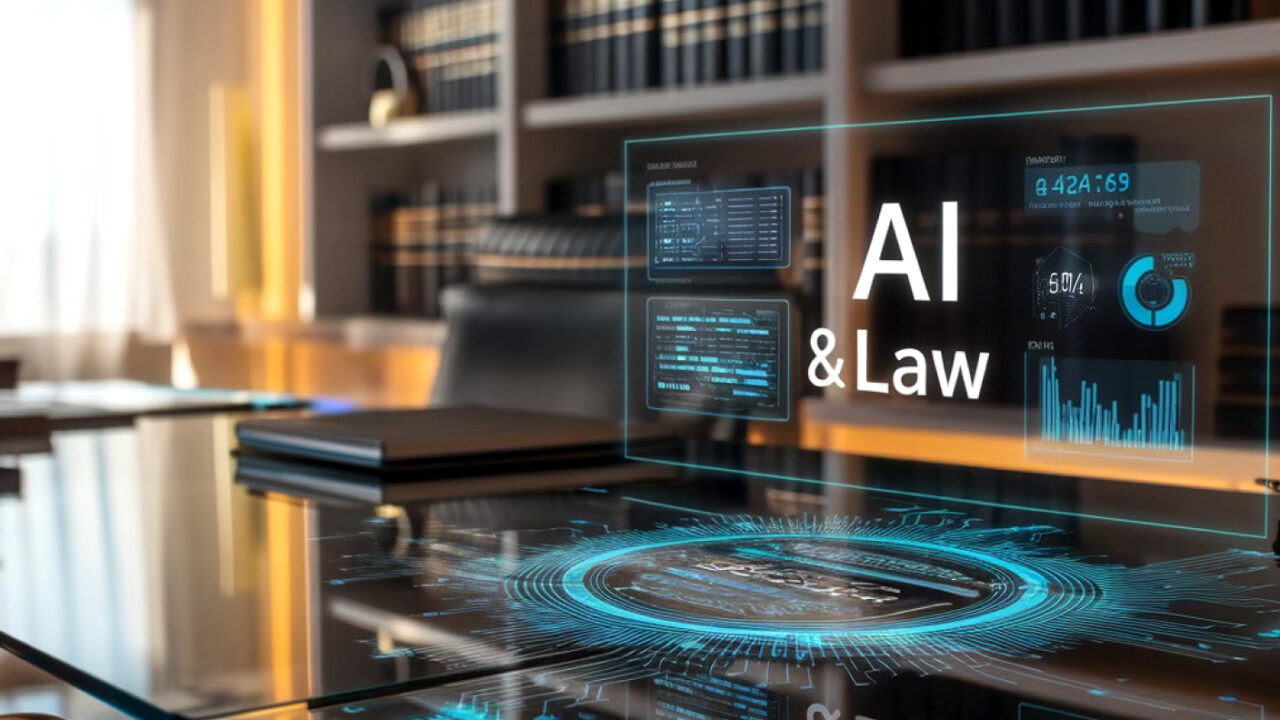The Transformative Role of AI
Artificial Intelligence is changing the legal industry faster than ever before, turning practices that have been in place for hundreds of years into streamlined processes with a data-driven approach. From eDiscovery to predictive analytics, the application of AI technologies is altering how legal professionals approach their everyday work and long-term strategies.
This article addresses the amazing opportunities and extreme challenges that AI brings to legal practice. Where once legal research would entail exhaustive hours spent sifting through case law and precedents, AI-driven solutions today are capable of reviewing millions of documents within minutes to provide relevant findings in seconds. But to this day, many legal professionals struggle with questions about its reliability and ethical implications as well as the impact of AI on the future of their practice.
In this exploration, we break down the AI’s transformative role in legal research and practice, including where it could be being used today and with what powers as well as what professions are affected. In this overview, explore the role of AI in legal tech, from facilitating improved decision-making processes to the new technological advancements on the horizon and what these innovations mean for practitioners and clients alike.

The State of AI in PracticeCurrently Active and Used Legal AI Products
Time-saving Benefits of AI Legal Tools
Legal Tech has transformed traditional legal workflows, AI-driven legal instruments have automated labor-intensive processes. The document review process that took weeks before can now take only a matter of hours, with AI systems able to analyze thousands of documents simultaneously. They never fail to locate relevant cases, summarize salient facts and alert practitioners to possible problems with impressive accuracy.
Popular AI Legal Platforms
| Platform Name | Primary Function | Key Benefits |
|---|---|---|
| ROSS Intelligence | Legal Research | Natural language processing, case law analysis |
| Kira Systems | Document Review | Contract analysis, due diligence automation |
| Casetext | Case Law Analysis | Precedent identification, citation checking |
| LexisNexis | Legal Analytics | Predictive insights, litigation patterns |
Cost Savings by Implementing AI Tools
AI implementation in legal practices delivers substantial cost savings through:
- Reduced billable hours for routine document review
- Decreased overhead costs for legal research
- Minimized human error in contract analysis
- Streamlined due diligence processes
- Lower administrative expenses
According to the law firms using AI solutions, document review processes cost them 20-30% lesser, while legal research time is saved by up to 40%. Such efficiencies enable firms to allocate resources more wisely and offer more competitive pricing models for clients.
AI in law is an ever-evolving topic and new platforms are regularly released. The most recent of these technological advances are shifting the manner in which legal professionals approach their daily tasks and client interaction. The Research Revolution: From basic searches to AI-Driven Sophistication The next frontier in legal AI lies at the heart of its research functions—with far more sophisticated algorithms and machine learning.

Artificial Intelligence-Backed Legal Research Features
Natural Language Processing for Case Law
Advanced NLP algorithms are being used by legal research platforms to read and sort extensive databases of legal documents. These systems are designed to understand intricate legal language, citations and contextual relationships, allowing them to quickly find relevant precedents and statutes.
| NLP Capability | Function | Benefit |
|---|---|---|
| Semantic Analysis | Understands legal context | More accurate search results |
| Citation Mapping | Tracks case relationships | Comprehensive legal research |
| Document Summarization | Extracts key points | Time-efficient review |
Predictive Modelling Analytics & Legal Outcomes
Sophisticated algorithms process the data related to past cases to predict litigation outcomes and ranges for settlements. These tools examine:
- Judge behavior patterns
- Jurisdiction-specific tendencies
- Similar case outcomes
- Timeline predictions
- Settlement probability rates
Automated Document Review Systems
Today, legal professionals leverage artificial intelligence document review technologies to efficiently conduct due diligence and analyze contracts. These systems can:
- Process thousands of documents simultaneously
- Identify key clauses and legal issues
- Flag potential risks and inconsistencies
- Extract relevant metadata
- Generate comprehensive reports
Similarity = Pattern Recognition in Precedents
AI systems are very good at detecting patterns across multiple cases and jurisdictions. With the ability to recognize patterns, it enables:
- Tracking legal argument evolution
- Identifying emerging legal trends
- Analyzing judicial decision patterns
- Detecting conflicting interpretations
- Monitoring regulatory compliance changes
Function for combining these available AI features incredibly improves the usefulness and integrity of legal research methods. The following section outlines how these technological developments are transforming the identity of traditional legal professionals.

Impact on Legal Professional Roles
Changing Responsibilities of Attorneys
The rise of AI in legal practice has revolutionized the role of an attorney. Lawyers today act with greater visibility, moving away from the lower value work of:
- Strategic case planning and analysis
- Complex client consultation
- Ethical decision-making
- AI output validation and oversight
- Creative legal solution development
Evolving Expectations of Tech Expertise for Lawyers
The modern legal practitioner needs a hybrid skill set of traditional legal knowledge alongside technical competencies:
| Traditional Skills | New Technical Requirements |
|---|---|
| Legal Analysis | AI Platform Operation |
| Case Management | Data Analytics |
| Client Relations | Legal Tech Implementation |
| Legal Writing | Digital Security Compliance |
| Research Methods | AI Output Interpretation |
Paralegal Role Evolution
The paralegal profession has been transformed by AI implementation. Today’s paralegals may also be responsible for:
- Managing AI-powered research platforms
- Data organization and quality control
- Technical documentation preparation
- AI-assisted document review supervision
- Legal technology training coordination
These evolving roles signify a departure from the execution of tasks to more strategic support exercises. Paralegals have taken on more technical roles as intermediaries between AI systems and attorneys, facilitating the best use of legal technology tools. AI has changed a paralegal’s function from administrative support to technical legal operations specialist.
As technology advances, the pace of innovation continues to reshape the role of those working in law. Also, how will these changes affect the decision-making process in legal practice?

Enhanced Decision Making
Data-Driven Legal Strategy
Now, legal professionals use AI-powered analytics to formulate strong case strategies using historical data and precedents. Complex algorithms sift through thousands of previous cases, judges and outcomes to spot trends and determinants for success.
| Strategy Component | AI Contribution | Business Impact |
|---|---|---|
| Case Analysis | Pattern Recognition | 40% faster insights |
| Resource Allocation | Predictive Analytics | 30% cost reduction |
| Timeline Planning | Historical Data Analysis | 25% improved accuracy |
Risk Assessment Tools
AI risk assessment tools weigh factors like case complexity, possible objections and chance of winning. These tools examine:
- Jurisdiction-specific success rates
- Judge behavior patterns
- Opposition track records
- Regulatory compliance factors
- Financial exposure metrics
Case Outcome Predictions
Machine learning models are already predicting the outcomes of cases with increasing accuracy. These systems analyze:
- Similar case precedents
- Court tendencies
- Settlement statistics
- Timeline probabilities
- Cost implications
Settlement Optimization
AI algorithms can optimize the strategies used for the settlements by:
- Calculating optimal settlement ranges
- Identifying negotiation leverage points
- Predicting opposing party behavior
- Assessing cost-benefit scenarios
- Recommending timing for settlement offers
These sophisticated decision-making tools allow legal practitioners to make more informed decisions grounded in a broad analysis of the data. Predictive analytics and machine learning continue to revolutionize how legal strategy is formulated and implemented.

Future Developments
Integration with Smart Contracts
Legal practice is undergoing a transformation with the incorporation of blockchain technology and artificial intelligence in smart contract automation. These are contracts that automatically execute when all parties meet the requirements, and it helps to make transaction more smooth by aliminating the third party. The key areas for implementation are as follows:
- Real estate transactions
- Intellectual property licensing
- Supply chain management
- Financial services agreements
Advanced Legal Analytics
New data-analytics tools are evolving to change how we interpret legal data:
| Capability | Application | Impact |
|---|---|---|
| Predictive Analytics | Case outcome forecasting | Enhanced risk assessment |
| Pattern Recognition | Legal precedent analysis | Improved strategy development |
| Document Intelligence | Contract analysis | Faster due diligence |
| Compliance Monitoring | Regulatory tracking | Proactive risk management |
Ethical AI Guidelines
The legal space is building detailed blueprints for ethical AI deployment as follows:
- Transparency requirements in AI-driven decisions
- Accountability measures for automated legal processes
- Privacy protection standards
- Bias detection and mitigation protocols
Regulatory Compliance Updates
The complexity of regulatory environments is growing, and in turn automated compliance systems are maturing. They also offer real-time updates and jurisdiction-agnostic automated reporting capabilities.
Harmonization of Laws Across Borders
Artificial Intelligence technologies that enable international legal cooperation through:
- Multilingual document processing
- Jurisdiction-specific compliance checking
- Automated conflict of law analysis
- International case law comparison
Such advancements, when fully integrated, will radically change how the legal practice is conducted and will demand legal practitioners to rewrite their skills set and enthusiasm for tech advancement. The future of legal tech is the seamless incorporation of such tools into everyday practice processes.

This collaboration streamlines many because the adoption of AI into legal practice is changing the way how legal professionals research, analyze cases, and build a decision. Spanning from automated discovery processes to predictive analytics for case outcomes, AI applications have acted to bolster efficiency and accuracy across the legal industry. These innovations have transformed traditional functions, as well as generated new possibilities for legal professionals to work on high-value activities that demand human insight and expertise.
All of this gives a glimpse into the future: as AI in legal office practice matures, it can only drive more novel innovations. With these technologies advancing, law firms and legal departments must keep their pulse on things and evolve. AI tools will be very important in making legal professionals ready to provide higher levels of service for their clients as long as the lawyers are guided by ethical considerations and retain a significant degree of human oversight, given the nature of this area.
By Stanislav Kondrashov



